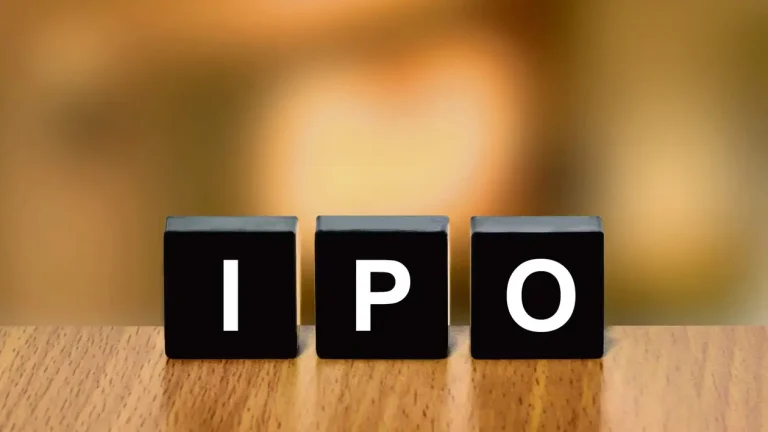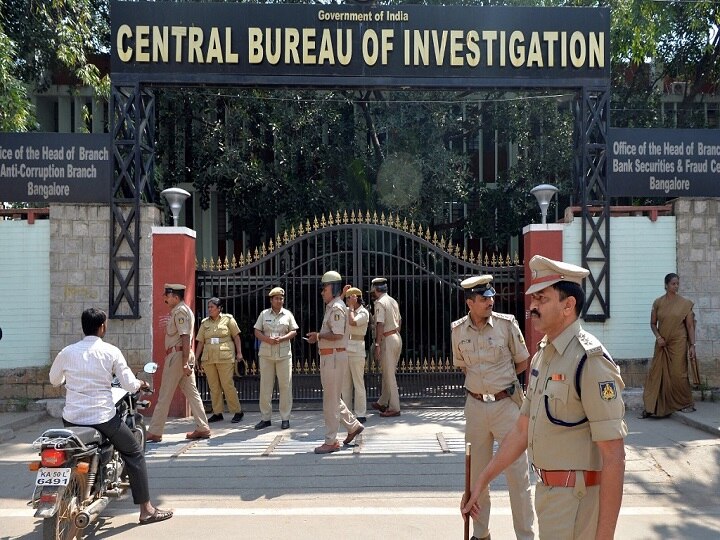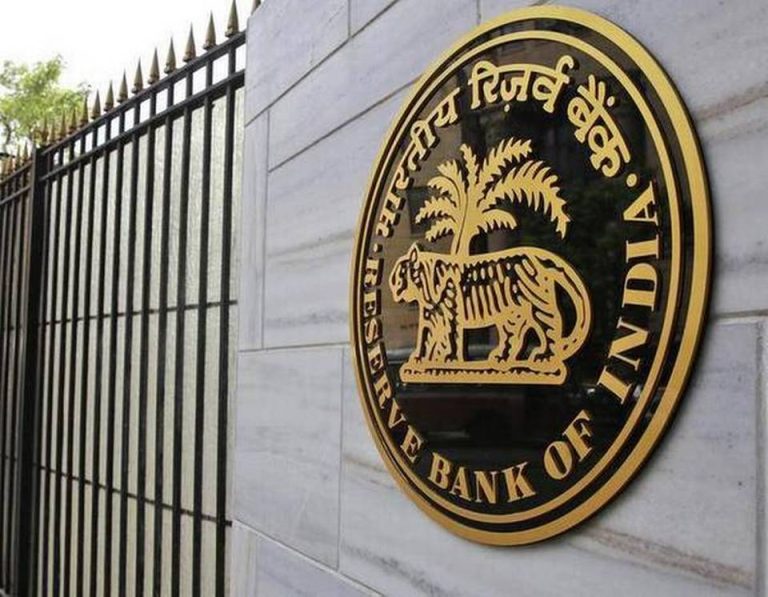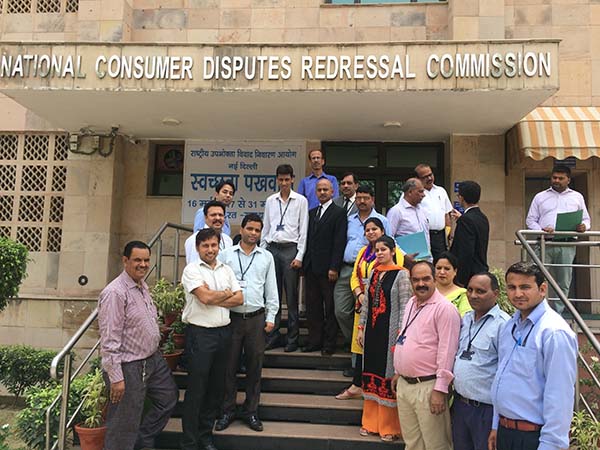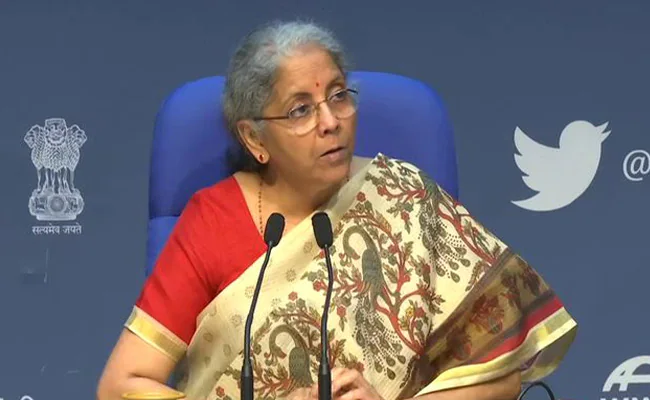The Legal Rights Protection Forum, a prominent legal activist group, has sent a fervent plea to the Chairperson of the National Commission for Protection of Child Rights on November 6, urging swift action against the Tuticorin Diocesan Association, a Tamil Nadu-based non-governmental organisation, for alleged violations.
The Forum called upon the Commission to request the Enforcement Directorate (ED) and other pertinent intelligence agencies to initiate a case and pursue further action against the NGO. It emphasised the need to form a multi-disciplinary team comprising child welfare experts, chartered accountants, and law enforcement officials to conduct a comprehensive investigation into the NGO’s activities.
Highlighting the concerning issue, the activist group alleged that despite the suspension and subsequent cancellation of its FCRA (Foreign Contribution Regulation Act) registration in 2015 by the former Union Law Minister, Kiren Rijiju, due to adverse reports from intelligence agencies, the Tuticorin Diocesan Association had continued to receive substantial foreign funds, amounting to ₹4,45,07,214, into its designated Bank of Baroda account.
The NGO’s claim of utilising funds for running homes for destitute children, specialised adoption agencies, educational institutions, and religious places was met with scepticism by the group. The Indian government’s stance during the FCRA registration suspension/cancellation, citing the misuse of foreign funds for ‘anti-national activities’, further fueled concerns regarding the NGO’s intentions.
According to the Legal Rights Protection Forum’s detailed analysis, the flow of funds supposedly directed towards ‘Child Welfare’ was deemed a façade concealing purported anti-national activities that could significantly impact the nation’s territorial integrity, economic prosperity, and political stability.
‘The continued receipt and large-scale diversion of funds, despite FCRA license cancellation, warrant a thorough investigation by concerned authorities,’ emphasised a spokesperson for the Legal Rights Protection Forum.
The allegations expanded beyond the Tuticorin Diocesan Association, encompassing the Christian NGO ‘Jesus Redeems,’ based in Tuticorin, led by Mohan C Lazarus. This NGO faced accusations of disturbing communal harmony by making anti-Hindu statements during religious gatherings, violating FCRA norms through an interconnected US-based charity organisation, ‘Jesus Redeems Ministries Inc.,’ led by Lazarus.
The Legal Rights Protection Forum stressed the urgency of suspending and revoking the FCRA license of ‘Jesus Redeems’ owing to alleged violations, echoing similar demands made against other organisations accused of FCRA transgressions.
The Ministry of Home Affairs has been actively investigating allegations against NGOs like ‘The Other Media’ for purportedly misusing foreign funds in organising protests around the Vedanta Sterlite Copper plant in Thoothukudi, Tamil Nadu. Minister of State for Home Affairs, Nityanand Rai, affirmed the examination of complaints against the New Delhi-based NGO for potential FCRA violations.
Earlier instances involving NGOs like the Tuticorin Diocesan Association, Tuticorin, the East Coast Research and Development Trust, Thoothukudi, and Greenpeace India Society, Chennai, saw their FCRA registrations revoked, and their bank accounts frozen post-investigations.
The release by the Press Information Bureau of the Ministry of Home Affairs in 2015 highlighted the actions taken against these organisations, including placing Greenpeace International under watch and referring the case of the Centre for Promotion of Social Concerns, Madurai, to the Central Bureau of Investigation (CBI).
In a recent development in January 2022, the Central Bureau of Investigation registered a case against the programming unit of the Centre for Promotion of Social Concerns, People’s Watch, headed by Henri Tiphagne, further intensifying the scrutiny on organisations accused of FCRA violations.
These NGOs, actively involved in anti-development activism across South India and participating in protests against major projects, continue to face increased scrutiny and legal actions over alleged FCRA violations.
Disclaimer: All allegations against mentioned NGOs are subject to investigation and have not been conclusively proven.
The unfolding investigations signify a deepening focus on ensuring stringent adherence to FCRA norms, aiming to safeguard against misuse of foreign funds and uphold national interests.
Vakilsearch legal experts emphasise the criticality of upholding FCRA norms to maintain transparency in NGO funding. The recent allegations underscore the necessity for stringent legal compliance and vigilance in financial operations. Upholding the law ensures trust and credibility within the sector, vital for societal impact and sustainable operations.
In navigating complex legal landscapes, ensuring compliance with FCRA norms is pivotal for NGOs to maintain trust and legality. Vakilsearch offers expert legal guidance to ensure adherence to regulations, protecting against potential violations and safeguarding organisational integrity. With our tailored legal services, stay compliant and build a credible foundation for impactful operations. Contact Vakilsearch today for comprehensive legal support.



